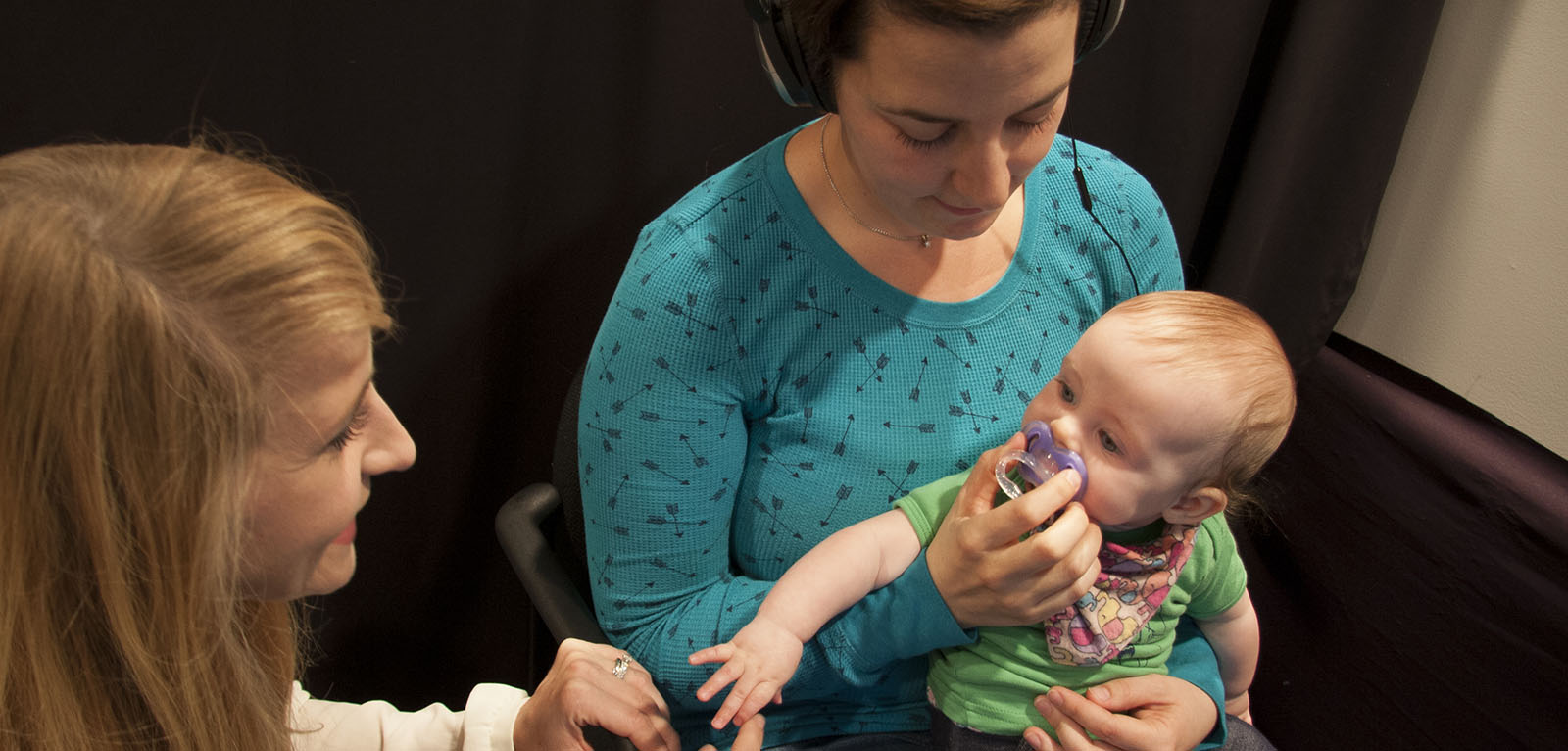
UBC's Behavioural Research Ethics Board is responsible for reviewing behavioural or social sciences/humanities research, or research that may involve the study of patients or health care providers.
Behavioural and social science projects study the relationship between people and their surroundings, including how people interact with each other, their communities, and institutional systems. They include psychological phenomena such as emotions, biases, and motivations. Psychological therapy and counselling studies fall under behavioural research. Emergent design and community-based studies are considered social science and behavioural research unless a clinical intervention is involved. Common methods include, but are not limited to, interviews, focus groups, surveys, questionnaires, behavioural therapy workshops, experimental coaching, observations, and secondary use of data. They can be about health and include health care providers and patients, where the goal is not to modify direct patient clinical care (e.g., involving diagnosis, medication, or treatment). When clinical charts are being accessed for a behavioural study, full patient consent is required.
Retrospective medical chart review projects should be submitted using the Clinical application form.
Approval is granted on an annual basis according to Tri-Council Policy Statement guidelines. For multi-year studies, approval must be renewed annually and a final report must be filed upon study completion.
Graduate students must provide the certificate number(s) of the certificate(s) of ethical approval obtained for the research and the name of the UBC Research Ethics Board that provided the approval. *NOTE: The Faculty of Graduate Studies no longer requires that certificates of ethics approval be appended to graduate dissertations. Further details.